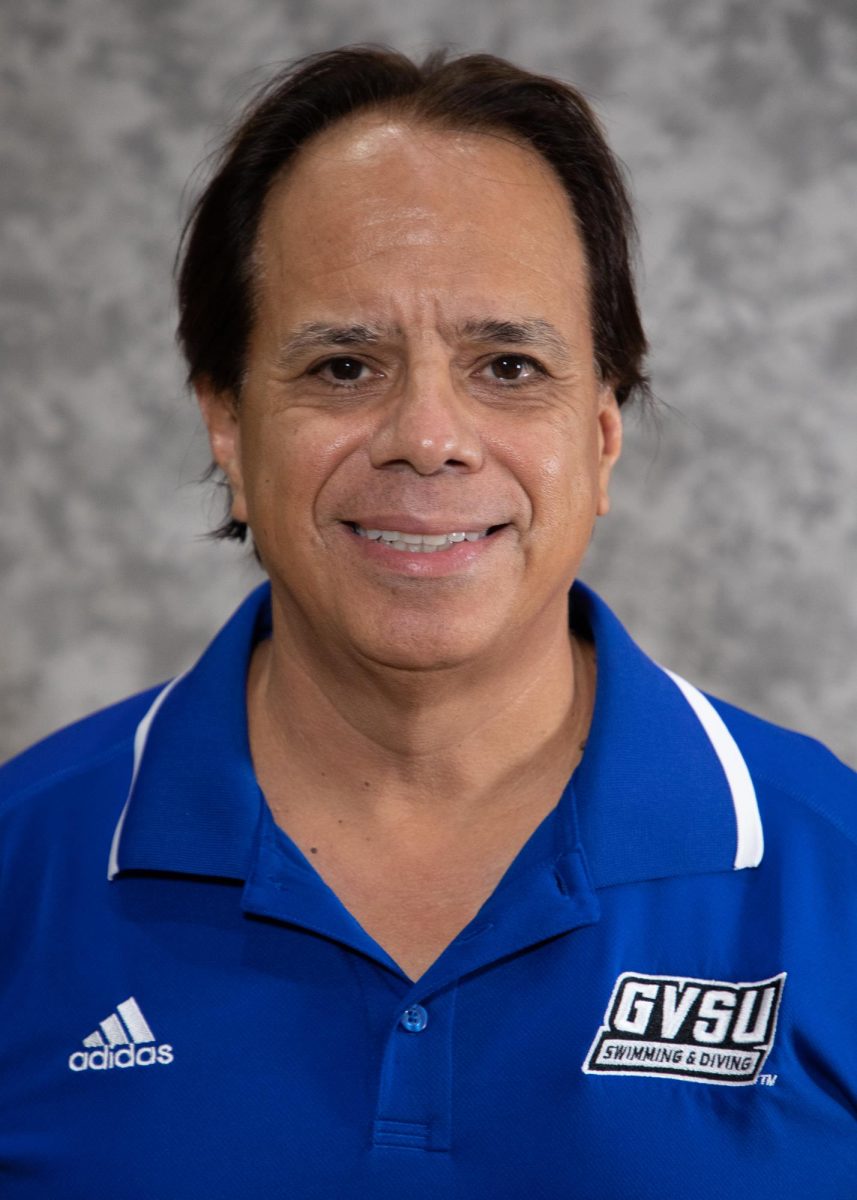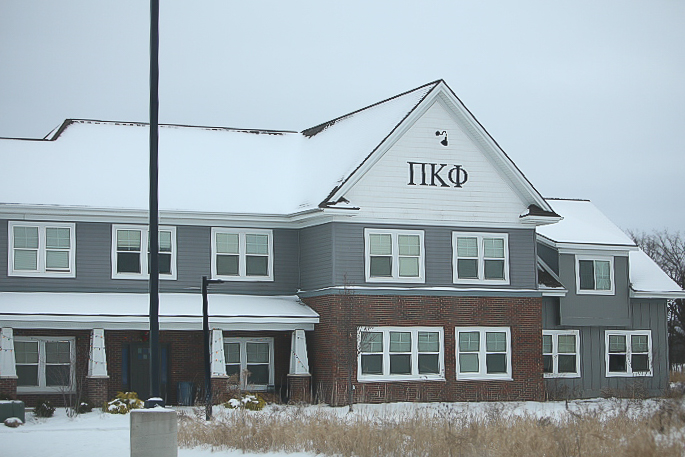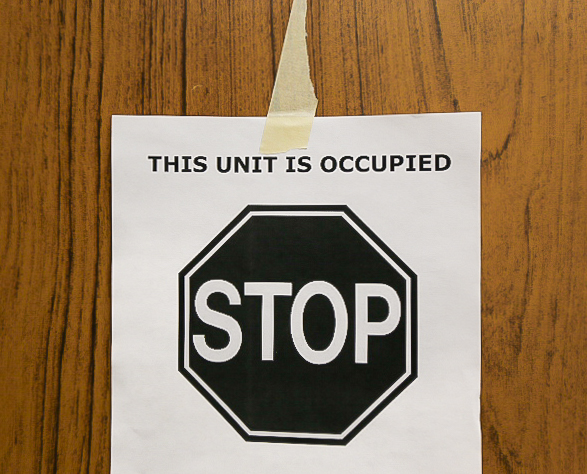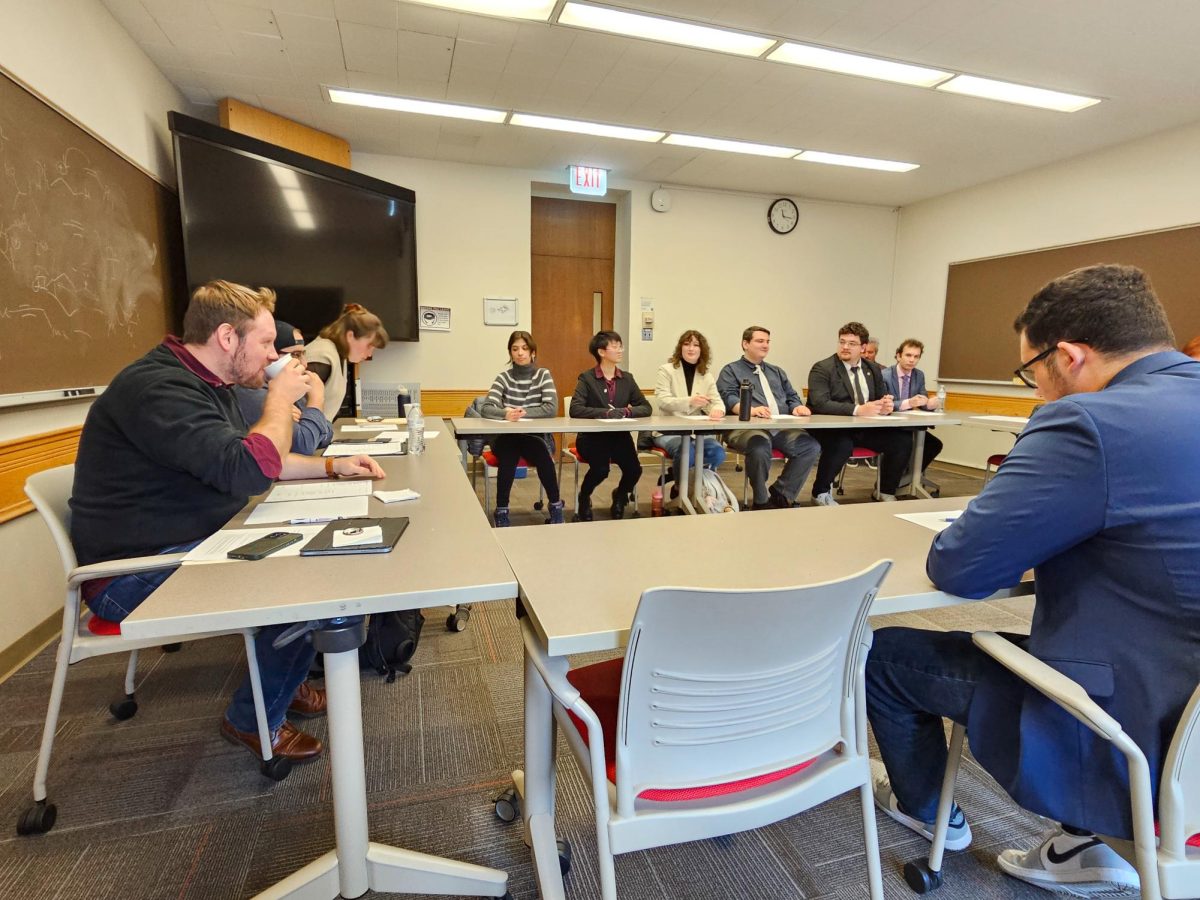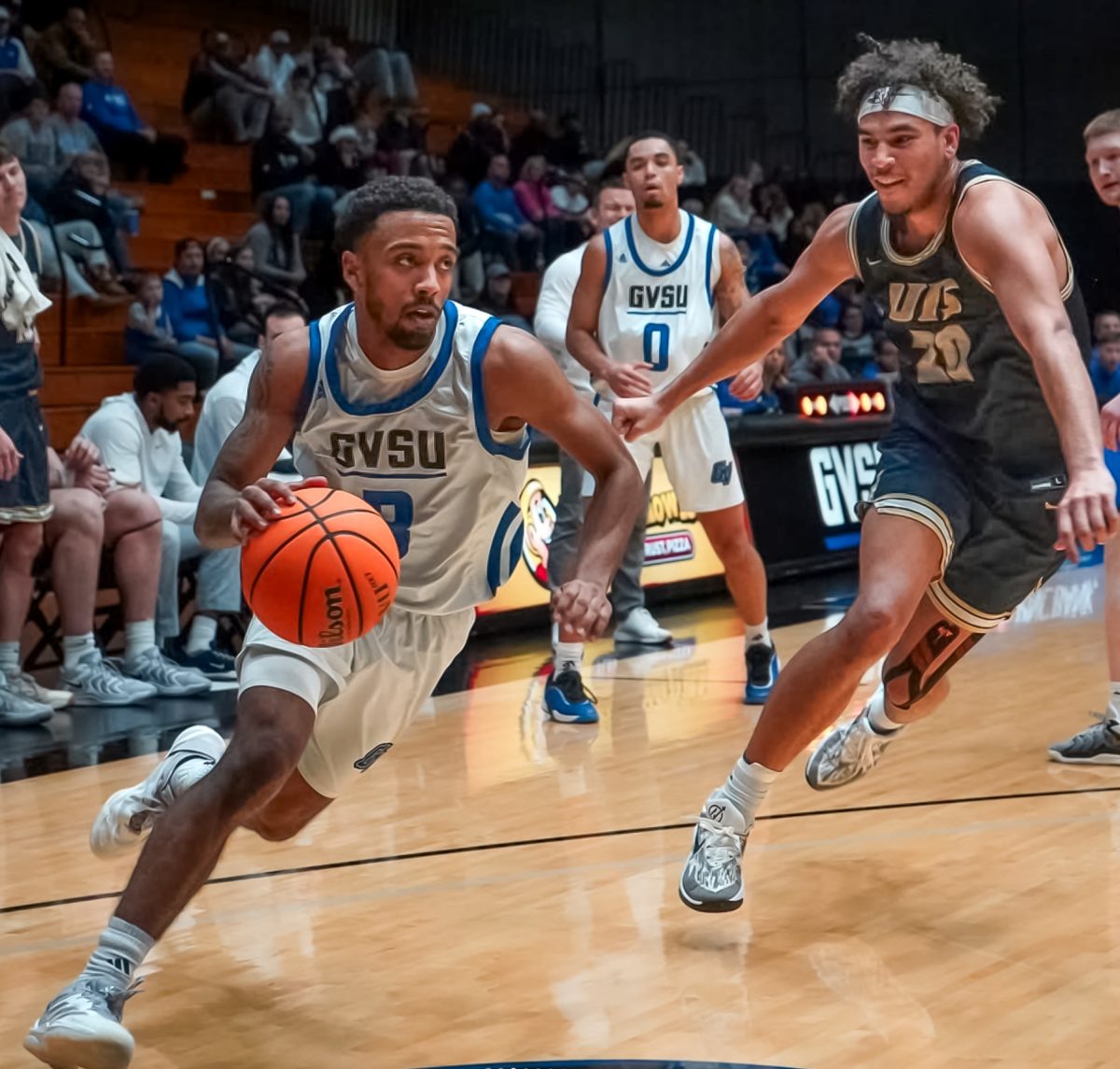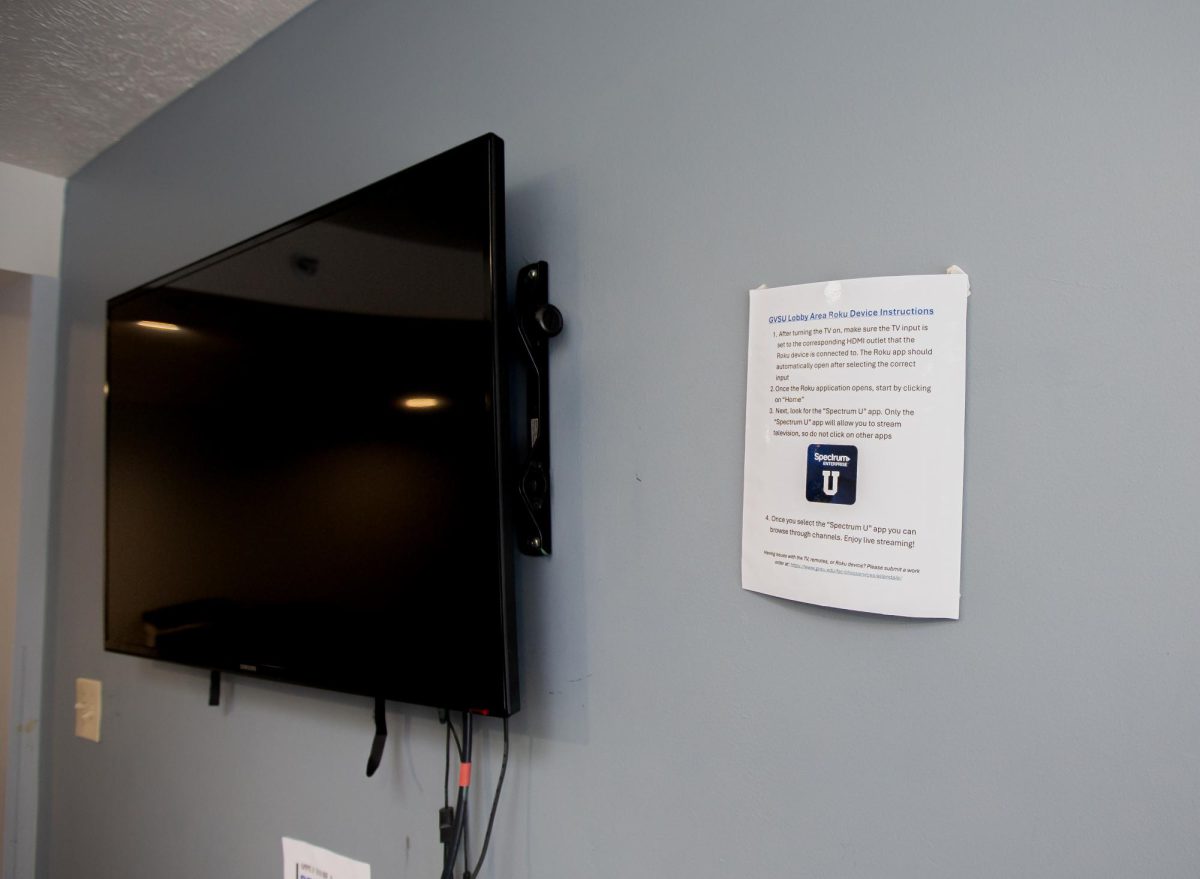News on News: Institutional censorship is nothing new for the Lanthorn
Feb 24, 2020
Over the course of the semester, the Lanthorn will be conducting an editorial and column series titled “News on News” revolving around how news is consumed today, the concept of ‘fake news’ and the fight journalists continue to fight to have their voices be heard.
For better or worse, our little old student-run newspaper went viral last month after a former offensive coordinator from the GVSU football team said he would like to have dinner with Hitler.
Part of the reason why the story gained as much momentum as it did was that a higher-up at the GVSU athletic department asked us to take the final two responses out of the article.
It’s understood why they tried to censor our piece: from a PR standpoint, a coach mentioning that he would want to lead like a dictator who committed genocide doesn’t exactly make the university look good.
This is not the first time that a Lanthorn staff member was contacted by the powers that be to take down something that made the university look bad. In 2013, the Lanthorn published an editorial wondering why so many buildings had to have donors names on them, and where exactly the money they were donating was going.
Audra Gamble, who was the Laker Life editor at the time and is currently the Editor-In-Chief of the Holland Sentinel, remembers the criticism the Lanthorn took like it was yesterday.
“The editor-in-chief at the time (Lizzy Balboa) and I wrote about the study rooms with donor’s names on them in the Mary Idema Pew library,” Gamble said. “We ran an article saying what was happening, and an editorial questioning the limit of when this naming was going to stop. Where does the line draw?
“We ran the editorial right around finals time, and our Editor-In-Chief was a senior who was already stressed out about finals, and she got a call on her personal cell phone from (President Thomas) Haas. He didn’t call the Lanthorn office, which was strange, and he basically said that (the University) can take the scholarship money given to the Lanthorn, and give it to students who are more appreciative of the donation.”
I can’t imagine being in the shoes of Balboa at the time. Having the university president essentially threaten to take her scholarship away for an article she wrote is a clear abuse of power, and must have weighed on Balboa for a long time.
Gamble and the rest of the staff questioned Haas’ morals, pointing out many better ways that Haas could have approached the situation.
“It’s fine to have a reaction to an editorial,” Gamble said. “But they are an opinion for a reason. To make a not-so-thinly veiled threat of that nature, especially to a student on her personal cell phone, really wasn’t appropriate.”
There seems to be a stigma surrounding student newspapers, as some think that we are merely a PR platform to make the university look good. That is the exact opposite of what we are.
We are an independently run newspaper who reports the news, good or bad. We can’t just sugarcoat it to make the job of the university’s PR team easy, as Gamble pointed out.
“It’s always fascinating to me how oblivious people can be about only being okay with student newspapers when it suits them,” Gamble said. “The moment it becomes inconvenient, it’s no longer helpful to have them on campus and conversations about how ‘they’re just students, they shouldn’t have this platform.’ Either you recognize the professionals that these students are or you don’t engage.”
Ultimately, the 2013-14 staff learned some valuable lessons from the institutional censorship they faced, which Gamble has been able to apply to her career.
“(That pressure) doesn’t end when you’re a student,” Gamble said. “It is good training for when it happens later in your career. This happens to real-life journalists all the time. Having the experience of it happening is jarring and not easy, but having it happen early on in your journalistic career gives you the toolbox to handle these situations.
“You expect to be some push back at the university level, but having the tool kit, and knowing what you’re within your rights to, gives you more authority against people who are trying to keep these things in the shadows, so that the public does know what’s going on.”
To paraphrase the cheesy lyrics of esteemed artist Kelly Clarkson, what doesn’t kill the Lanthorn will make it stronger. Knowing how to deal with complicated situations like this will help us in the future.
I hope this column wraps a bow on this story, and I would love to thank everyone who reached out to us complimenting our coverage and speaking highly of our professionalism.
There will always be the people who will try to keep the deepest and darkest secrets of high-powered establishments away from the public’s knowledge.
We are not trying to expose people and ruin lives. When breaking news falls into our lap, it is our job as journalists to light the way for the public, and may that truth do what it will.





